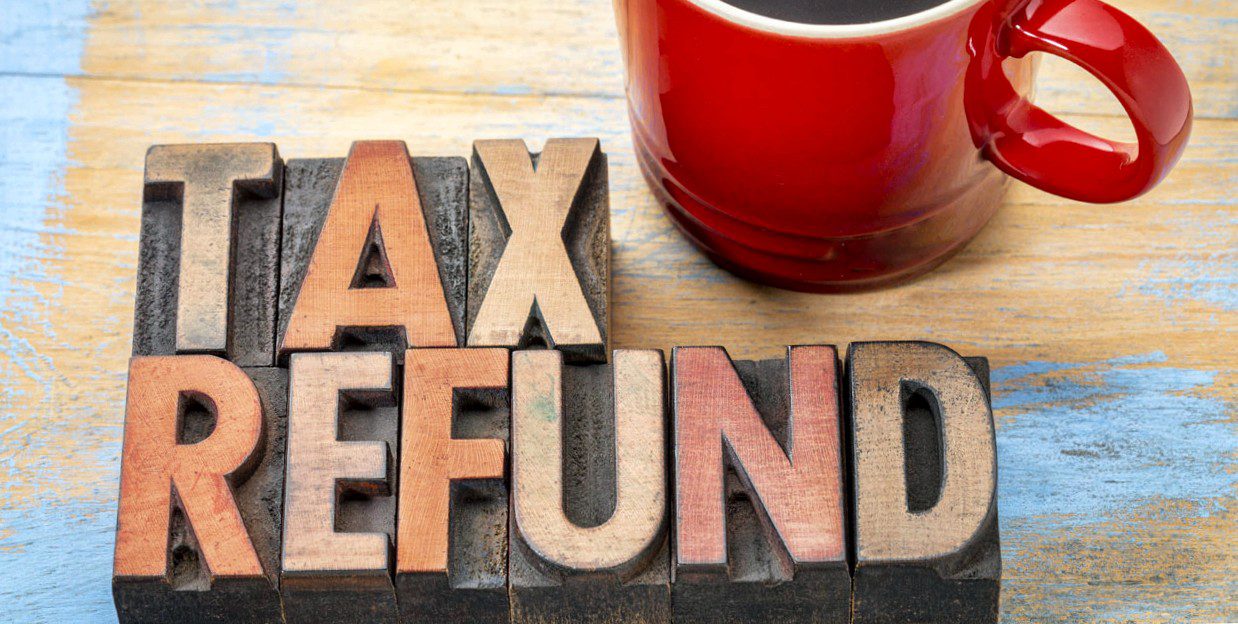Refreshing new ways to invest your tax refund
It’s that time of year again that many people have been waiting for months: the tax refund. If you plan to invest wisely to benefit in the long run, there are a variety of ways to maximize your refund.
While many people simply deposit their refund into their bank account and treat it as additional income, it can make much more sense to put it into long-term investments. There are many ways to invest your tax refund, from real estate to stocks.
One of the best ways to invest your refund is to invest in a diversified portfolio of asset classes. This can help reduce risk and maximize long-term growth.
No matter what type of investment you choose, it’s important to consider your options carefully to ensure you’re making the best use of your money. By investing your tax refund wisely, you can lower your financial risk and build a solid financial future.
Invest in your education
One of the best investments you can make with your tax refund is to invest in your education. Why? Because it can help you improve your career and future income.
There are many ways to invest in your education: You can take a continuing education course, learn a new skill, or pursue a higher academic degree. All of these options can help you become more competitive in your profession or job market and have higher salary opportunities.
If you are unsure where to start, you can research different professions that are promising and have promising career prospects. Also consider the requirements for such occupations and look for appropriate training or courses in your area.
- Consider an MBA program to improve your management skills in your profession.
- Also consider getting a certification in a specific field to improve your expertise and increase your career opportunities.
- Invest in language courses to increase your chances of landing international positions.
Ultimately, an investment in your education is an investment in your future. It can lead to higher salaries, better career prospects and personal growth. Therefore, take advantage of your tax refund and invest in what really matters – your education.
Fresh new ways to invest your tax refund and boost your retirement savings
Tax time often brings good news in the form of a tax refund. However, instead of using them for unnecessary expenses, you can secure your financial future by investing these funds in your retirement plan.
One of the best ways to increase your retirement savings is by buying stocks and mutual funds. With a tax refund, you can ensure that you diversify into different businesses and industries to minimize potential risks while increasing the opportunity for high returns.

Another way to increase your retirement savings is by buying long-term bonds. These offer a higher interest rate than short-term bonds and can provide long-term financial stability and growth.
- Tip: Use your tax refund to pay down debt as well, especially credit cards. Debt can be a barrier to a stable financial future, as it can cause high interest rates and additional financial burdens.
With a little planning and preparation, you can invest your tax refund in fresh and exciting ways to increase your retirement savings and ensure financial stability for your future.
Use the money to reduce debt
A fresh and new way to invest the money repaid from your tax return is to use the money to reduce debt. If you have debt, this is a great opportunity to reduce or even eliminate that debt. You can use the money to help pay off high interest payments on credit cards or other debt.
By reducing your debt, you can also focus on your long-term financial goals, such as saving for retirement or buying a home. Once you are debt free, you have more freedom and independence to use your money for things you really want to do.
However, it may be very tempting to spend the money on consumer expenses or pleasure. We recommend keeping your financial goals in mind and being aware of how you plan to use your money in the future. One way to do this is to create a budget and plan how you will use your money.
- A budget can help you reduce your consumption-related expenses
- Using the money to reduce debt can lead to a better financial situation
- Reducing debt can give you more freedom and independence in the long run
- Think twice before spending money on consumer goods or pleasures
Consider setting up a debt reduction strategy where you take prioritized steps to reduce your debt one step at a time. Although paying off debt is not easy, it can be worthwhile and a rewarding step toward a more stable financial future.

New ways to invest your tax refund
If you receive a tax refund this year, there are many ways you can invest the money wisely. An ideal option is to invest in charitable causes. By donating money to good causes, you not only have the opportunity to help communities and those in need, but also lower your taxes.
There are many charitable organizations waiting for you to support them. One way is to donate to local homeless shelters or food banks. Here’s how you can help people in your community who are affected by poverty. You can also support medical practices or research facilities affected by the Covid 19 pandemic.

There are also many environmental organizations that rely on your support. You can support local parks and nature preserves or work to combat climate change. You can also invest in renewable energy or in companies that are committed to a sustainable future.
- Tips for your donation:
- Check for tax exemption: if you donate to a charitable organization, you may pay less tax.
- Choose an organization with which you have a connection: Donate to an organization that is connected to a cause you care about.
- Stay vigilant: make sure the organization you donate to is reputable and that your money will actually benefit those in need.
Invest your tax refund in a meaningful way
Your tax refund is a great opportunity to invest your money wisely. One option is to create an emergency fund that gives you financial protection in case unforeseen expenses arise.
An emergency fund can help you overcome financial crises and buy you the time you need to take action to get back on your feet. Experts recommend that an emergency fund should cover about three to six months of your living expenses.
It’s important to keep your emergency fund in a high-interest savings account or short-term investment so the money is readily available if you need it. Another option is to invest in an exchange-traded fund (ETF) that specializes in bonds. This type of fund offers a relatively stable return and can be useful as part of a diversified portfolio.
- Create an emergency fund with three to six months of your living expenses.
- Keep your money in a high-interest savings account or short-term investment.
- Invest in an ETF that specializes in bonds for a stable return on investment.
An emergency fund can provide you with the financial protection you need and help you manage unforeseen expenses. Investing your tax refund wisely can give you long-term financial stability and security.